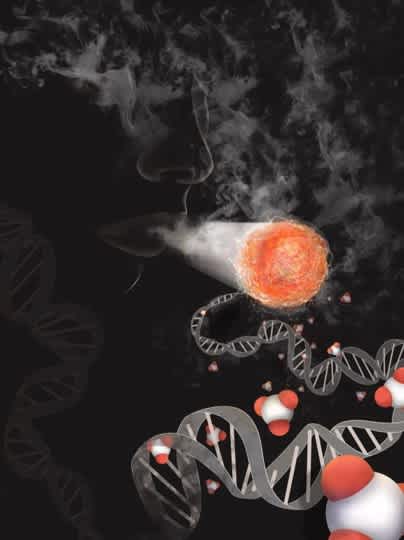Standardized high-dimensional spectral cytometry protocol and panels for whole blood immune phenotyping in clinical and translational studies
Dott, T. et al.
Abstract
Flow cytometry is the method of choice for immunophenotyping in the context of clinical, translational, and systems immunology studies. Among the latter, the Milieu Intérieur (MI) project aims at defining the boundaries of a healthy immune response to identify determinants of immune response variation. ...
Cytometry. Part A
2024 Feb;105(2):124-138















